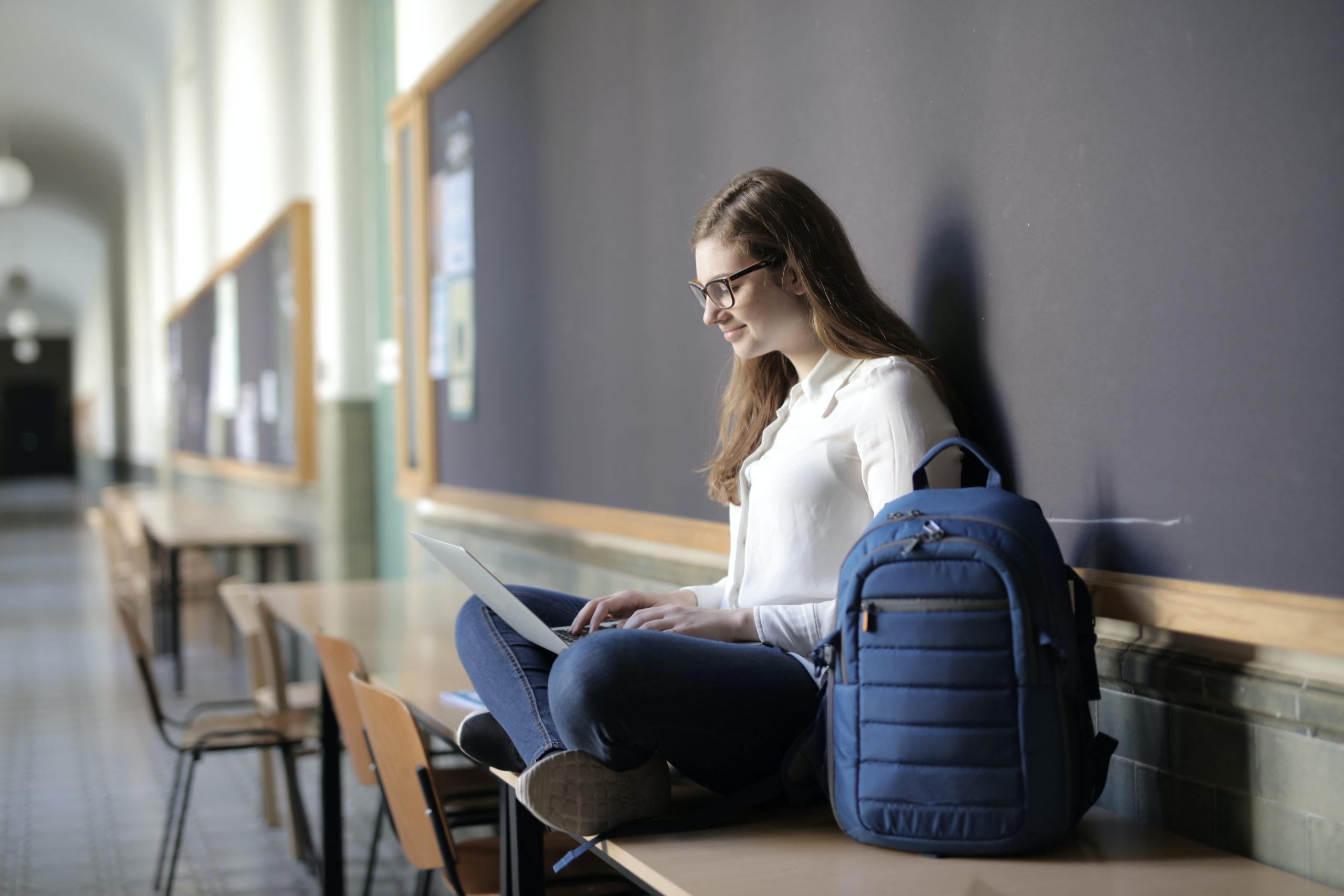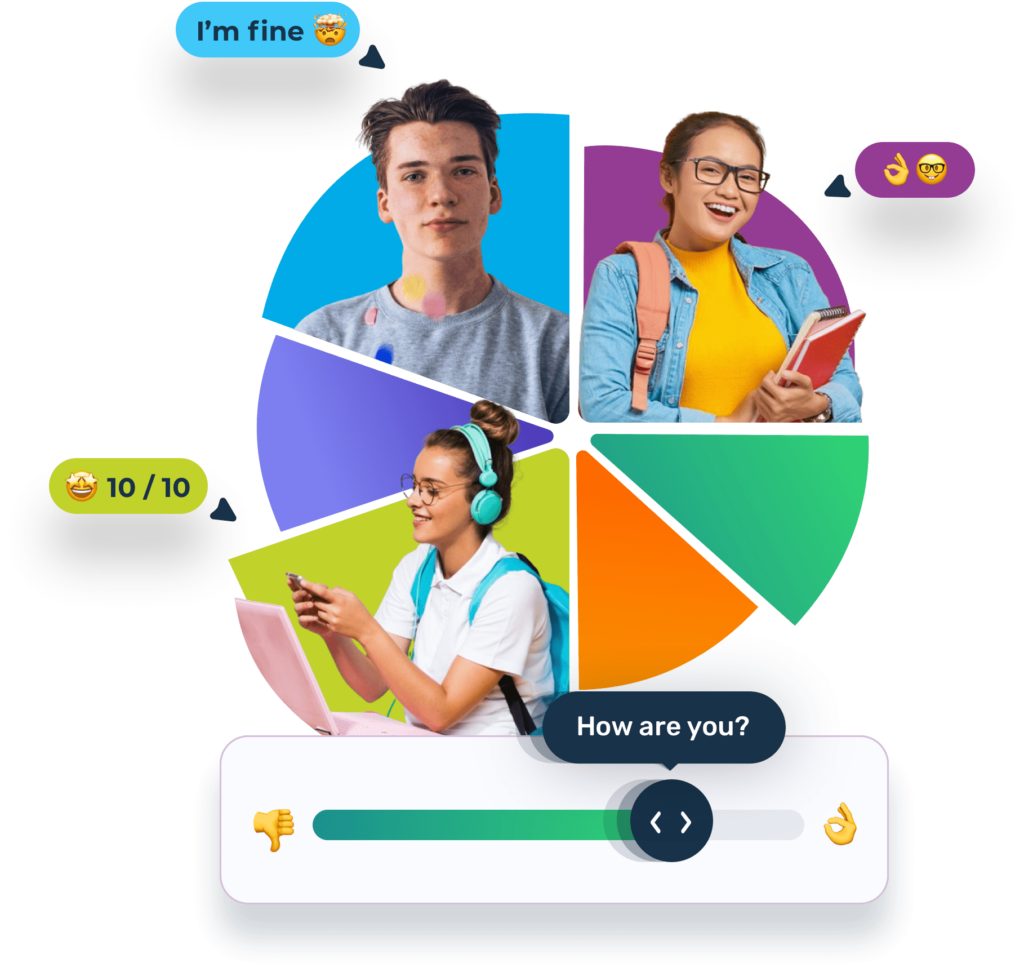Supporting the Social and Emotional Wellbeing of Students
A ground-breaking report from the Productivity Commission has put the wellbeing of students firmly in the spotlight, as Australia plans to shift to a person-centred mental health system that prioritises prevention and early intervention.
Read on for key recommendations from the Productivity Commission’s report.
Early Support and Intervention is Key for Mental Health and Wellbeing in the Community
It’s well known that children impacted by mental illness are more likely to fall behind in their academic achievement, disengage from school and may never reach their potential at school, the workplace or in subsequent study. This chain of events has significant life-long outcomes.
While there are many actions that need to be taken to improve the social and emotional wellbeing of children and young people in Australia, schools have the potential to be an incredibly efficient place to address mental health in the community and set children up for success later in life.
Unfortunately, young Australians at risk of mental ill-health and their families often face difficulties accessing the support they need from the current education system. The Productivity Commission’s report provides a roadmap for the future.

Mental Health and Wellbeing, and the Importance of Schools
Schools need to become a key pillar in an improved system for mental health. There are huge opportunities to better support the social and emotional wellbeing of children in schools by improving early identification of risk factors, and making the education system more supportive.
We’ve summarised several of the main ideas in the Productivity Commission’s report. You can read the full report here.
1) Place Wellbeing on a Par with Academic Progress
Wellbeing needs to be seen as an a goal of equal importance as academic progress. The Productivity Commission recommends that student wellbeing needs to become one of the outcomes of the National School Reform Agreement, which outlines governments’ expectations for the education system, funding structures and reporting requirements.
This is a complex goal that will require wholesale change in the policies and processes that schools use to support their students.
2) Agree the Role of Teachers, Principals and the Education System in Relation to Wellbeing
While many schools have developed wellbeing policies and processes, and government has numerous frameworks, the specific role of teachers, principals and the education system more broadly are expected to play in supporting mental health and wellbeing is ambiguous. This ambiguity extends to the wellbeing outcomes they are expected to achieve.
The Productivity Commission recommends that all schools implement strategies for student wellbeing, including leadership and accountability structures. This might include having a dedicated wellbeing leader or team responsible for whole-of-school strategies, supporting individual students and their families, and building links with services in the local community.
3) Support Staff with More Professional Development and Training
Of course, the changing role of schools and emerging requirement for clear strategies in relation to wellbeing is going to require further training and development of education staff. Many teachers do not feel equipped to identify mental health risks or respond effectively.
Training teachers on the social and emotional development of children will be a necessary reform. The Productivity Commission recommends the development of accredited programs that use nationally consistent guidelines.
4) Measure Student Wellbeing
One of the Productivity Commission’s key recommendations is the measurement of student wellbeing by schools. Over time, this will need to be done in a consistent way and with reporting on progress.
5) Schools as Gateways for Further Support
National guidelines for social and emotional learning programs delivered in schools will be an important part of improving the support available to students in schools. However, schools will also need to be effective gateways for students and their families to access help.
The Productivity Commission recommends that students should be linked to into mental health treatment and support services in the local community. Partnerships between schools and local mental health services should be built and maintained.
Using iyarn in Schools to Measure and Engage with Student Wellbeing
iyarn offers a way for schools to collect data and monitor the social and emotional wellbeing of students.

Check ins completed on iyarn’s platform are a catalyst for conversation and an opportunity to explore issues that might impact student wellbeing.
Check ins can potentially unlock powerful conversations with students (and parents). They are an important tool for:
- Building a student’s emotional vocabulary and ability to express themselves;
- Identifying the key strengths of a student;
- Helping students to recognise situations where they need help;
- Practicing how to ask for help;
- Assisting students to cope with challenges; and
- Assisting students to manage stress and overcome obstacles
Completing weekly check ins on iyarn creates a routine for students and clearly signals that student wellbeing is an important part of the learning experience at your school.
Perhaps most importantly, information is collected on a timely basis that empowers schools to keep informed and then act at the right time, in the right way.
Keen to Learn More?
We’re very happy to offer demonstrations of the full product for schools in Australia and beyond. Please reach out for more information.




